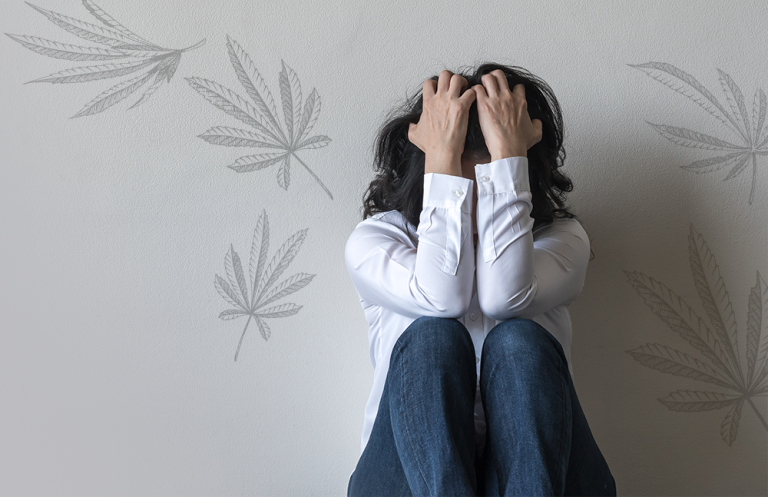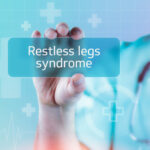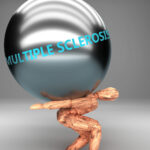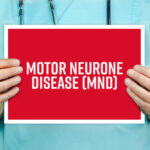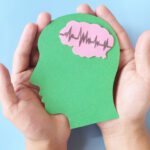While it’s not unusual to feel sad or unhappy from time to time, clinical depression is more than that. Someone diagnosed with depression suffers from psychological and physical symptoms that significantly interfere with their quality of life.
Events such as Mental Health Awareness Week, held just recently from the 10th to the 15th of May, encourage more people to share their stories of depression and speak out about strategies that have helped them manage their symptoms.
Depression explained
It’s estimated that approximately 280 million people in the world have depression, with the prevalence of the condition in UK adults believed to be around 4.5 percent.
The first thing to know about the condition is there is no one single cause. Rather, depression tends to occur due to a combination of factors and events — factors and events that will affect each individual differently. What triggers depression in one person may not be a problem for another. The World Health Organisation states that depression ‘results from a complex interaction of social, psychological, and biological factors,’ which can include anything from prolonged stress to chronic illness.
Researchers are hard at work trying to better understand the role the brain plays in depression. Messages in the brain are carried via neurotransmitters and depression has long been thought to be caused by a deficiency in one or more of these neuron types. However, there is still much work to be done in this area.
The NHS suggests the following factors can trigger depression in certain individuals:
- Stressful events — for example, a relationship breaking down.
- Personality — some individuals are more self-critical, which can lead to negative thoughts and talk.
- Family history — there is thought to be some genetic link to depression.
- Giving birth — postpartum depression is believed to affect between 10 and 15 women in every 100.
- Loneliness — being physically cut off from friends and family can lead to isolation. The Covid-19 pandemic was a perfect example of this.
- Alcohol and drugs — these substances are often taken to help manipulate mood but tend to only contribute to feelings of depression.
- Illness — a diagnosis of chronic or terminal illness can trigger depression.
Strategies to manage depression
Due to the complex nature of depression and the fact that no two patients have the same triggers or experiences, finding strategies to help manage symptoms can take some time.
There are a number of different treatment options for depression. This can include medication, talking therapies such a cognitive behavioural therapy (CBT) or lifestyle changes. Sometimes a combination or interventions may be the best option.
Following its legalisation in 2018, medical cannabis in the UK has been prescribed for a wide variety of indications. While it may not be an appropriate strategy for all patients, medical cannabis may be a treatment option for eligible patients.
Medical cannabis is not the same as illicit cannabis you would find on the street. It’s a highly regulated product that contains key active ingredients — including the major cannabinoids THC and CBD – which may be helpful in treating depression.
MyAccess Clinic’s team of knowledgeable and experienced medical cannabis consultants will take their time to ensure medical cannabis is the right option for you before issuing a prescription. For more information about medical cannabis for depression, contact MyAccess Clinics today.
